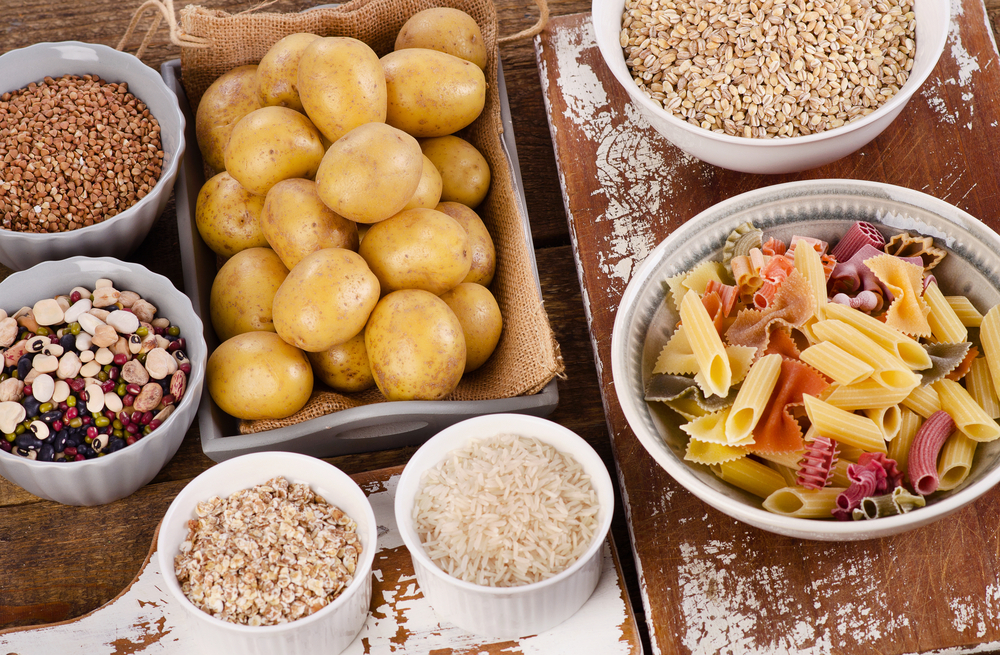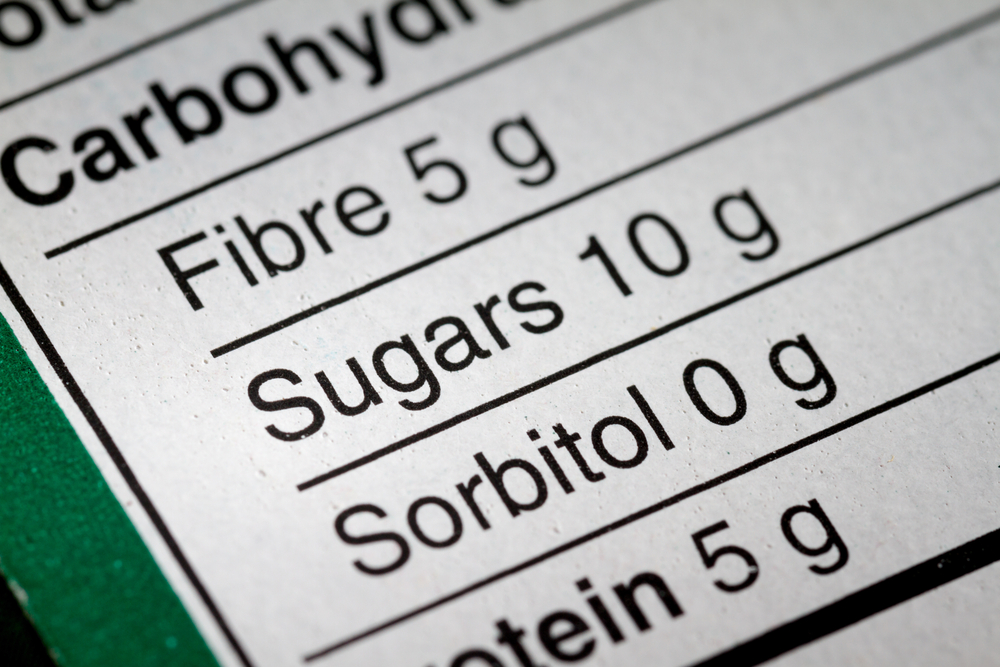Carbohydrates are one of the essential elements that must be incorporated into a healthy diet. They are known as the source of energy in the diet and are considered to be the fuel of choice for high-intensity workout sessions over time. Carbohydrate-rich foods like whole grains, vegetables, and fruits are a good source of minerals, vitamin, and fiber.
Types of Carbohydrates
There are different types of carbohydrates that are as follows:
- Sugar-Sugar is the smallest type of carbohydrate and involves single sugars and those with two molecules joined. These are naturally found in fruits, vegetables, and dairy products. Also, sugar is also added to food items and beverages to enhance the taste, preservation, and texture. Sugar is often found in foods such as sweets, grain based and dairy desserts, and sugar-sweetened drinks.

Also Read: Ultimate guide about Antibiotics for Common Infections
- Starch-Starch is made up of glucose molecules that linked together in long chains. Starch is naturally found in brown rice, oats, barley, wheat, garbanzo beans, lentils, kidney beans, split peas, carrots, potatoes, etc. Starch can also be added to foods to thicken or stabilize them.
- Sugar alcohols-These are carbohydrates that chemically have characterizes of both alcohol and sugar. They are found in small amounts in fruits and vegetables. Sugar alcohols are produced from starch and sugars and used as a reduced-calorie sweetener to food items including frostings, dairy desserts, and sweets.
- Dietary fiber– It is made of numerous molecules linked together to form a chain. It is bound together in such a way that it cannot be readily digested. Fiber is different from starch. There are two kinds of dietary fiber, namely soluble and insoluble fiber. Dietary fiber is naturally found in foods such as nuts, vegetables, seeds, peas, beans, fruits, cereals, pasta, brown rice, and cereals.
Source of Carbohydrates
Good sources of carbohydrates may include:
- Dried beans
- Energy bars and gels
- Milk
- Fruits and fruit juices
- Sports drinks
- Sweets and desserts
- Pasta and rice
- Starchy vegetables
- Bread, cereals, and bagels
Non-starchy vegetables such as broccoli, tomatoes, and carrots contain only a small amount of carbohydrates and will not affect blood glucose when consumed in small portions.
You need to consider the following components while selecting daily carbs:
- Non-caloric constituents for health
- Amount of carbohydrate for body consumption
- Glucose vs. fructose for recovery
- Fiber for satiety
Choose Carbohydrate Wisely
Carbohydrates differ in the rate at which they increase the glucose level in the bloodstream. The rate at which carbohydrate increases blood glucose is its glycemic index (GI).
- High GI- Rapid increase in sugar level
- Low GI- Slower rise in sugar level
High GI carbohydrates consumed after an intense workout, can help improve muscle recovery from exercise. While, low GI carbohydrates provide slower, more moderate and steady blood glucose levels over the course of the day. This is necessary for sustained energy.
Avoid taking an excess of added sugars such as sodas, candy, etc. that contribute calories, but few nutrients. Protein along with carbohydrates is even better.
Examples of lower and higher GI Carbohydrates
Higher GI- Food items such as white potatoes, honey, energy bars, jelly beans, cookies, white bread and bagels, sodas, sports drinks, and instantized rice.
Lower GI- Minimally processed oats, bran cereal, apples and most fruits, spaghetti, milk, dried beans, slowly digested sugars such as sucramalt or isomaltulose, yogurt, basmati or long grain rice, carrots, other nonstarchy vegetables, sweet potatoes.
What kind and how much carbohydrate do an individual require in his/ her diet?
Here are some important things that can help you determine the right daily carb intake.
One should build his/her daily carb diet based on low GI, which is more nutritious. Try to focus on getting carbohydrates with adequate fiber such as vegetables, fruits, and whole grains.
Also Read: How antibiotic works and its side effects
Depending on the type and duration of exercise, daily carb needs in a diet differ. The daily carb diet is given below:
- For moderate intensity and duration of activity 2 to 3 times per week, 2 to 3 g per pound is required.
- For higher intensity and duration of a session 4 to 6 times per week, 4 to 5 g per pound is needed.
Incorporate these daily carbs tips in your routine to stay fit and healthy




